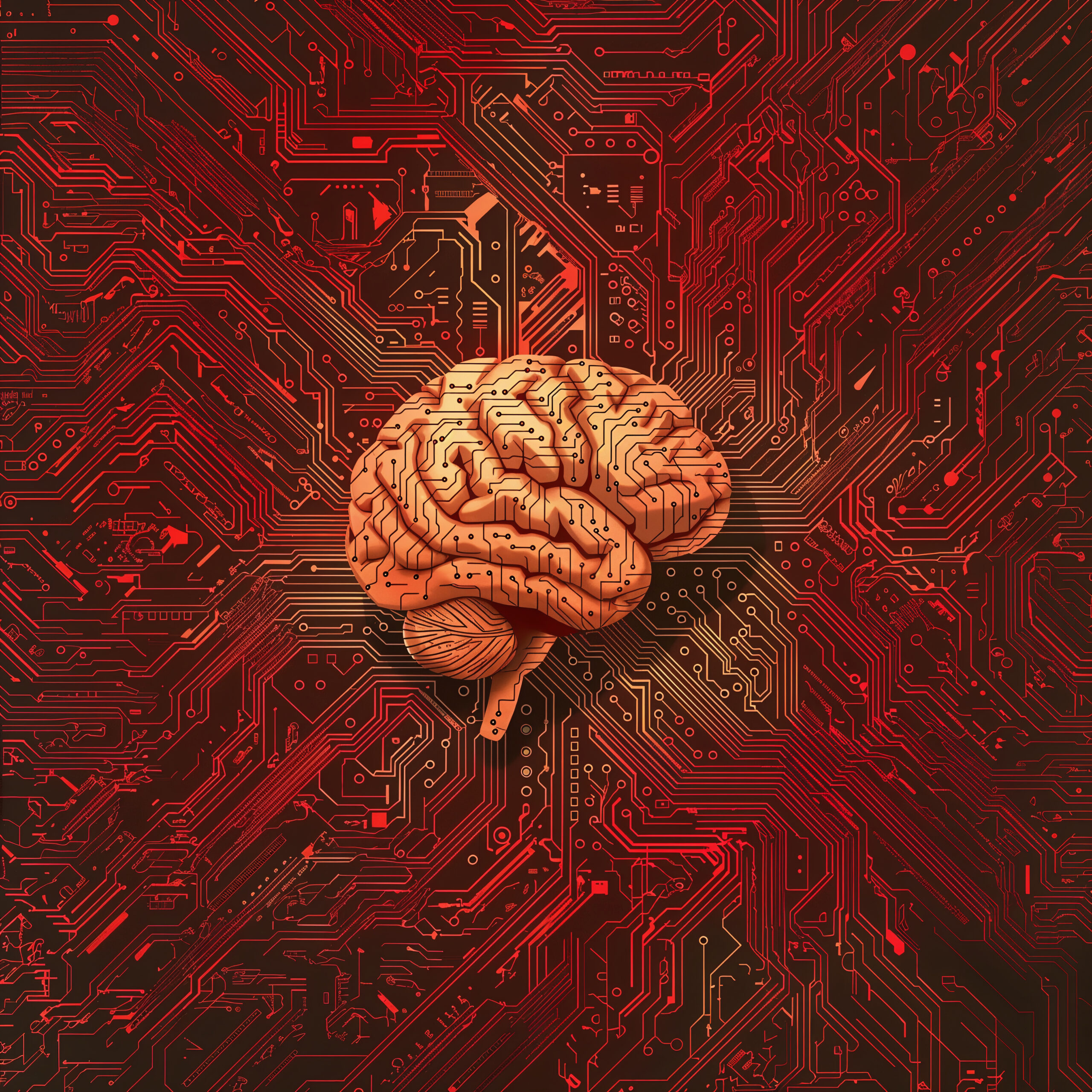Quantum computing is no longer a futuristic concept confined to the pages of science fiction. It is fast becoming a transformational technology that has the potential to revolutionise industries from healthcare to finance and artificial intelligence. In this blog, we will explore what quantum computing is, how it works, and what profound impact it could have on the world.
What Is Quantum Computing?
At its core, quantum computing uses the principles of quantum mechanics – the branch of physics that deals with phenomena on the atomic and subatomic scale. Unlike classical computers, which use bits as the smallest unit of information (represented as 0 or 1), quantum computers use quantum bits, or qubits. A qubit can exist in a state of 0, 1, or both simultaneously, due to a property known as qubit excitation.
Another important quantum property is entanglement, which allows entangled qubits to remain interconnected regardless of the distance between them. These phenomena enable quantum computers to process vast amounts of data and solve complex problems at speeds unattainable by classical computers.
How Quantum Computing Works

Quantum computers rely on special hardware such as superconducting circuits or trapped ions to create and manipulate qubits. These systems operate at extremely low temperatures, often close to absolute zero, to maintain quantum coherence and minimize errors.
Key components of a quantum computer include:
- Qubits: The fundamental units of quantum information.
- Quantum Gates: Operations that manipulate qubits to perform calculations.
- Quantum Circuits: Combinations of quantum gates designed to solve specific problems.
- Quantum Algorithms: Specialized algorithms, such as Shor’s algorithm for factoring or Grover’s algorithm for searching unsorted databases, that leverage quantum mechanics to achieve exponential speedups.
Applications of Quantum Computing
Still in its early stages, quantum computing is set to revolutionize various sectors:
1. Drug Discovery and Healthcare

Quantum computers can simulate molecular interactions at the atomic level, accelerating the discovery of new drugs and treatments. This could revolutionise personalised medicine and lead to breakthroughs in fighting diseases such as cancer and Alzheimer’s.
2. Cryptography and Cybersecurity

Quantum computing is a double-edged sword for encryption. While it can break traditional encryption methods, it also paves the way for quantum-resistant cryptography, ensuring secure communications in the future.
3. Artificial Intelligence and Machine Learning

Quantum computing can process and analyze large datasets faster than classical systems. This capability could unlock advances in AI, from natural language processing to real-time data analysis.
4. Optimization Problems

Industries such as logistics, finance, and manufacturing rely on solving complex optimization problems. Quantum algorithms can find optimal solutions in record time, improving efficiency and reducing costs.
5. Climate Modeling and Energy

Quantum simulations can enhance our understanding of climate systems, allowing for more accurate predictions and solutions to tackle climate change. It can also optimize energy use and the development of renewable energy technologies.
Challenges in Quantum Computing
Despite its potential, quantum computing faces significant challenges:
- Error rate: Quantum coherence is hard to maintain, and even the smallest error can disrupt a computation.
- Scalability: Building systems with thousands of qubits is still a work in progress.
- Cost: Quantum computers are expensive to develop and maintain due to their complex hardware and cooling requirements.
- Skills gap: This field requires specialized expertise, and there is a shortage of quantum computing professionals.
- Skills gap: This field requires specialized expertise, and there is a shortage of quantum computing professionals.
The Road Ahead
Tech giants such as IBM, Google and Microsoft, along with startups such as Rigetti and IonQ, are leading the way in the development of quantum computing. Governments and academic institutions are also investing heavily in quantum research as they recognize its strategic importance.
As quantum computing advances, it is essential to balance its immense potential with ethical considerations and ensure equitable access to its benefits. Collaboration between industry, academia and policymakers will be key to tackling challenges and unlocking the full potential of this unprecedented technology.
Conclusion
Quantum computing represents a paradigm shift in the way we approach computation and problem solving. Although it is still in its infancy, progress made in recent years points to a future where quantum computers become integral to solving humanity’s greatest challenges. For businesses, researchers, and technologists, now is the time to explore the possibilities and prepare for a quantum-powered world.
Are you prepared to dive into the quantum revolution? Share your insights and join the discussion in the comments below!



